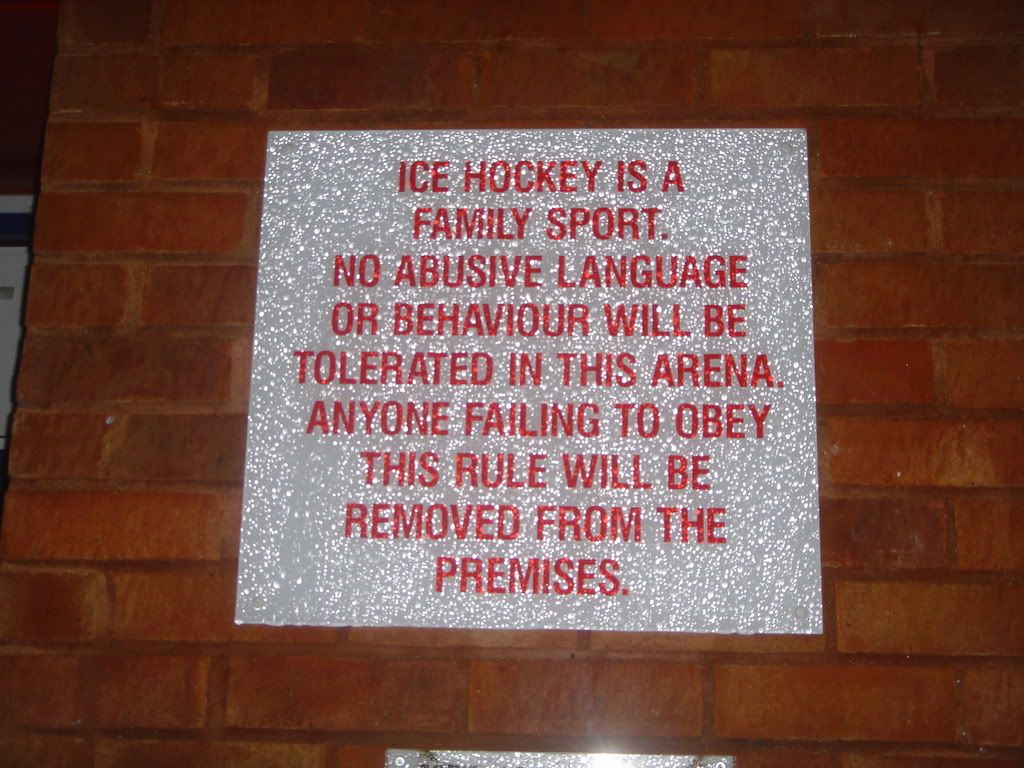Up until the moment when planes began falling out of the sky over the Eastern United States on September 11th, 2001, the plight of Palestine had enjoyed reasonable status on broadsheets eitehr side of the Atlantic. In the past eight years, US-led incursions into Iraq and Afghanistan has distracted the press, who up until very recently have stocked the frontpages so heavily with tales of carbombs and and assasinations that articles on those war-torn corners of the world have become mundane. Whilst the situation in those two countries is deserving, even needing of media coverage, it has afforded the Israeli government a curtain of smoke and mirrors behind which it can flout its influence over its unwilling dependent , Palestine.
In Gaza, 80% of the population live below the poverty line with 35% unemployed. Some may argue that this situation is a product of their own doing, or more accurately Hamas's own doing but given that Israel has, since 1991, instituted a tight closure policy over the state, thus reducing trade and migration to a quite literal standstill, it is hard to see how Ehud Olmert can still reiterate that the dire situation is not his fault. The GDP per capita is slightly above $1000. Whether this would be the case had the Israeli airforce not flattened the airport near Ramallah is an interesting question, one that the Prime Minister's office is not keen to reflect upon. Mark Regev, Olmert's spokesman, claims that the Gazan people were being "held hostage" to Hamas's "extremist and nihilist" ideology which was causing undoubted suffering. This confuses me for two reasons. Unless Hamas is a front for Mossad or some such organisation, its membership would largely be Gazan. Why would anybody hold themselves hostage? The second issue is that Israel and Israel alone has the power to allow imports into the Strip. People would not be dying of malnutrition if Israel had a) not allowed things to deteriorate to the extent that a militant organization like Hamas could take "control" or b) simply allow the Strip to trade reasonably freely. Unfortunately, as Hareetz.com suggests, this may be exactly what Ariel Sharon's old cronies want, an excuse to wreak further havoc in Gaza. Thankfully, the smoke is blowing away, heavy press coverage is returning to the region, the Red Cross is at the very least, pushing the Israeli government to allow food aid to pass through the closure policy. The world is watching. Time to make ammends. There is a chance to be good again.
Subscribe to:
Post Comments (Atom)





No comments:
Post a Comment